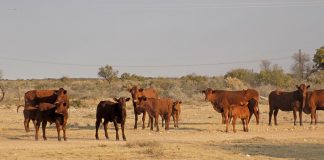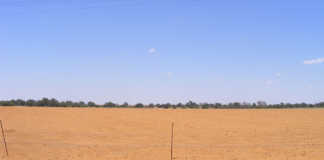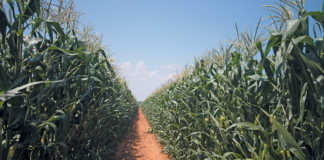Dr John Purchase, Agbiz CEO said they supported the new initiatives and focus areas to be financed from savings, efficiency gains and reprioritisation. “Government’s intention to spend more on infrastructure, as opposed to public sector consumption, as a reprioritisation strategy, is constructive,” Purchase said.
He said Agbiz welcomed the focus on the improvement of economic competitiveness, investment in infrastructure and increased productivity. “It is constructive to base the fiscal policy within the framework provided by the National Development Plan,” he said.
Specifically in the agricultural context, Agbiz supported the intentions to support the biofuels drive and emphasised the need to re-address the biofuels policy in agriculture. Agbiz also welcomed the announcement of the allocation to the enhancement of manufacturing competitiveness – specifically for agro-industrialisation – and for the special economic zones.
Purchase said Agbiz was however concerned as to how the Department of Agriculture, Forestry and Fisheries (DAFF) would spend the provided additional allocation for smallholder farmers, as their support to date has not brought forth the much needed successes. “Greater efficiency in that spending is required,” Purchase said.
He was also disappointed that no mention was made of a budget allocation to speed up and possibly conclude land reform and land restitution. Johannes Möller, president of Agri SA said Gordhan faced a serious challenge to balance limited income potential with the economic and social needs of the country.
“Quite clearly the minister, as in the past, tried to convince the public to enhance tax morality – a difficult task given the high levels of corruption and fraud still prevailing,” Möller added. “The minister’s expressed intention to keep a tight control on expenditure is most certainly laudable, especially since it enabled the minister not to increase tax rates – a situation which was generally expected before the budget speech. The improved transparency with regard to infrastructure spending, is also welcomed,” Möller added.
“From an agricultural perspective – a sector which is presently facing serious cost pressures – increases in fuel levies and excise duties can most certainly not be welcomed. Admittedly, the fuel levy increase was more subdued compared to what could have been the case given income constraints government is facing,” he said. Louis Meintjes, president of TAU SA was more critical of Gordhan’s Budget. Meintjes said they were most concerned about the increase in public debt. “If government would curb State theft it would not be necessary to borrow money,” Meintjes said.
“Too little savings measures have been announced for government itself. While the so-called rich are once again targeted for their hard work and productivity, it seems as though government can proceed with its exorbitant expenditure,” he said.
Meintjes said Government was making the country less competitive through its policies.
“The newly announced agricultural wage increases will contribute to make the country dependent on food imports,” he said. TAU SA was also of the opinion that the increase in fuel levies would be an economic damper, and especially the agricultural sector would suffer.











